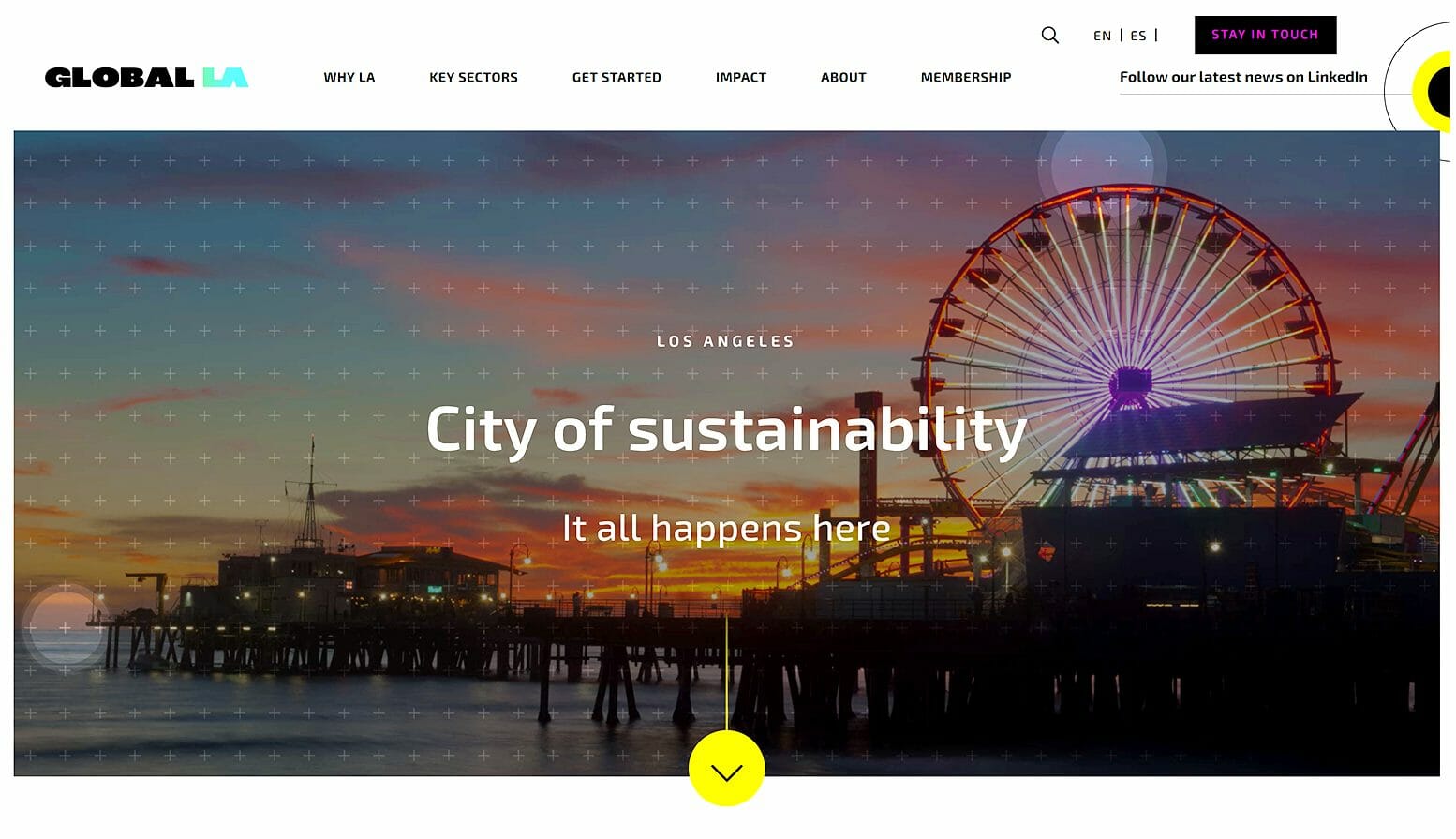16 Dec ‘24
Search Engine Optimization: 2025 Playbook
16 Dec ‘24
In: Marketing, Search Engine Optimization (SEO), Technology, / By: Chris Simental
What is Search Engine Optimization (SEO)?
Search Engine Optimization (SEO) is the practice of enhancing a website’s visibility on search engine results pages (SERPs). It involves strategies to improve organic (non-paid) traffic, ensuring that your content reaches the right audience. SEO is a critical component of any digital marketing strategy, as higher rankings translate to increased visibility, credibility, and business growth.
In 2025, SEO isn’t just about keywords or backlinks; it’s about understanding search intent, creating high-quality content, and optimizing for both traditional search engines and AI-powered platforms like SearchGPT.
Understanding Search Engine Optimization Services
Search engine optimization services encompass a wide range of activities aimed at improving your website’s ranking. These services often include:
- Keyword Research: Identifying the terms and phrases your audience uses.
- On-Page Optimization: Enhancing website elements like meta tags, headers, and content.
- Technical SEO: Ensuring your website is fast, secure, and mobile-friendly.
- Content Creation: Crafting engaging, relevant content that appeals to both users and search engines.
- Link Building: Earning high-quality backlinks from authoritative sites.
- Analytics and Reporting: Monitoring performance and refining strategies based on data.
What is an SEO Agency?
An SEO agency specializes in providing search engine optimization services to businesses. These agencies have experts in various fields, including technical SEO, content marketing, and analytics, who collaborate to enhance a website’s performance.
Partnering with an SEO agency can be especially beneficial if you’re looking to:
- Improve organic search rankings.
- Increase website traffic.
- Enhance your brand’s online reputation.
- Focus on core business activities while experts handle your SEO.
What Are SEO Services?
SEO services refer to the professional offerings provided by agencies or consultants to improve a website’s visibility. These services are tailored to meet specific business goals and target audiences. Some popular SEO services include:
- Local SEO: Optimizing for location-specific searches.
- E-commerce SEO: Enhancing product pages for better rankings.
- Enterprise SEO: Large-scale optimization for corporate websites.
- AI SEO: Leveraging artificial intelligence to analyze and optimize strategies.
How to Rank on SearchGPT (and Other AI Search Engines)
AI search engines like SearchGPT are revolutionizing the way users find information. Instead of delivering a list of links, these platforms provide direct, conversational answers. Here’s how to optimize for them:
- Create Conversational Content: Write in a natural, question-and-answer format.
- Use Schema Markup: Help AI understand your content structure.
- Focus on User Intent: Align your content with what users are genuinely looking for.
- Embrace Long-Tail Keywords: These often match the detailed queries used in AI searches.
- Optimize for Featured Snippets: AI engines frequently pull data from snippet-worthy content.
How to Use AI for SEO
To stay competitive in 2025, businesses must know how to use AI for SEO. AI can:
- Analyze user behavior to predict search trends.
- Automate repetitive tasks like keyword research.
- Generate data-driven content suggestions.
- Provide insights into competitors’ strategies.
Tools like ChatGPT, Jasper, and SurferSEO are making AI more accessible for SEO practitioners, enabling faster, smarter optimization.
What is AI SEO?
AI SEO refers to leveraging artificial intelligence tools and techniques to enhance traditional SEO strategies. By analyzing vast amounts of data, AI can uncover patterns and opportunities that might go unnoticed by human analysts. Key applications of AI SEO include:
- Predictive analytics for content performance.
- Real-time personalization of web experiences.
- Enhanced voice search optimization.
- Automated reporting and monitoring.
Optimizing for Voice Search
Voice search continues to grow in popularity, driven by the ubiquity of smart devices. Optimizing for voice search requires:
- Natural Language Keywords: Focus on conversational phrases.
- Answering Questions: Many voice searches are question-based, so structuring content around FAQs helps.
- Local SEO Optimization: Voice searches often have local intent (“near me” queries).
- Fast Loading Times: Ensure your website is quick to load, as speed matters even more for voice queries.
Importance of User Experience
Google’s Page Experience update emphasizes user-centric metrics such as loading speed, interactivity, and visual stability. A seamless user experience not only satisfies visitors but also boosts your search rankings. Focus on:
- Core Web Vitals: Monitor metrics like Largest Contentful Paint (LCP), First Input Delay (FID), and Cumulative Layout Shift (CLS).
- Mobile Optimization: Ensure your site is responsive and mobile-friendly.
- Intuitive Navigation: Make it easy for users to find information.
The Future of Search Engine Optimization
SEO in 2025 is more dynamic and user-focused than ever. As AI continues to reshape the search landscape, businesses that adapt to these changes will thrive. Whether it’s through AI SEO, voice search optimization, or enhancing user experience, the key is staying informed and agile.

Chris Simental is a creative problem-solver, tech strategist, and co-founder of RIPE, a digital agency helping mission-driven organizations streamline their workflows, optimize their websites, and make technology work for them—not against them. With nearly two decades of experience working with brands like Disney, CBS, Toyota, and American Express, he specializes in web design, UX, and automation. When he’s not tackling complex digital challenges, he’s brewing award-winning beer, making music, or reminiscing about his days as a ranch hand.















